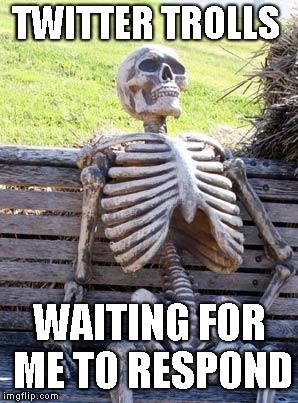One of my objectives for the coming year is to include more
rich content in everything I do. So over the past few months, I’ve been filming
and putting together short videos for the staff newsletter, press releases and social
media using Adobe Premiere Pro.
Before I go any further, I need to point out that I am a complete
novice when it comes to video production. Everything I’ve learnt has been down
to trial and error. So I thought I would share a few tips for anyone who wants
to produce videos but doesn’t know where to start.
I’d also like to give a shout-out to Michael Hann, who has
joined the Communications Team as maternity cover. We have worked as a team –
Michael has gathered excellent footage which I have then turned into videos. Without
his help, this whole process would have been a lot harder, so thank you
Michael!
You don’t need
expensive equipment
We don’t use a fancy camera – just an iPad. The tech available on smart
devices like iPads and iPhones nowadays means you don’t need to spend a fortune
on cameras. We recently purchased some equipment, like a tripod which is
designed to hold smart devices and a mic, which all cost about £25 from Amazon.
You don’t need to spend a fortune.
 |
| This is the kit we use - you can buy it here |
You don’t need to
produce an Oscar-winner
People don’t except Spielberg standard videos, unless they have paid a company to make it of course! Don’t worry too much if your first videos are a bit rough around the edges – at least you’re trying! Also, you’ll find that the more videos you make, the better they will become. You’ll get the knack for what works (and what doesn’t) and the process will get quicker and slicker.
People don’t except Spielberg standard videos, unless they have paid a company to make it of course! Don’t worry too much if your first videos are a bit rough around the edges – at least you’re trying! Also, you’ll find that the more videos you make, the better they will become. You’ll get the knack for what works (and what doesn’t) and the process will get quicker and slicker.
Less is not more!
When gathering footage for your video, get as many different bits of footage
from as many angles as you can. That way when it comes to editing you’ll have
lots of footage to choose from. Remember you can’t add what you don’t have, but
you can always cut what is already there.
When in doubt, YouTube
it!
YouTube is full of short tutorials on how to do anything and everything in Premiere Pro. So take advantage of this free resource if you are not sure how to achieve something with your video, like adding a fade or adjusting the volume of the audio.
YouTube is full of short tutorials on how to do anything and everything in Premiere Pro. So take advantage of this free resource if you are not sure how to achieve something with your video, like adding a fade or adjusting the volume of the audio.
Below are some examples of what I’ve produced over the last
few months. Like I said, I am no expert, but I am proud of what I’ve made and I’m
looking forward to making more!






















